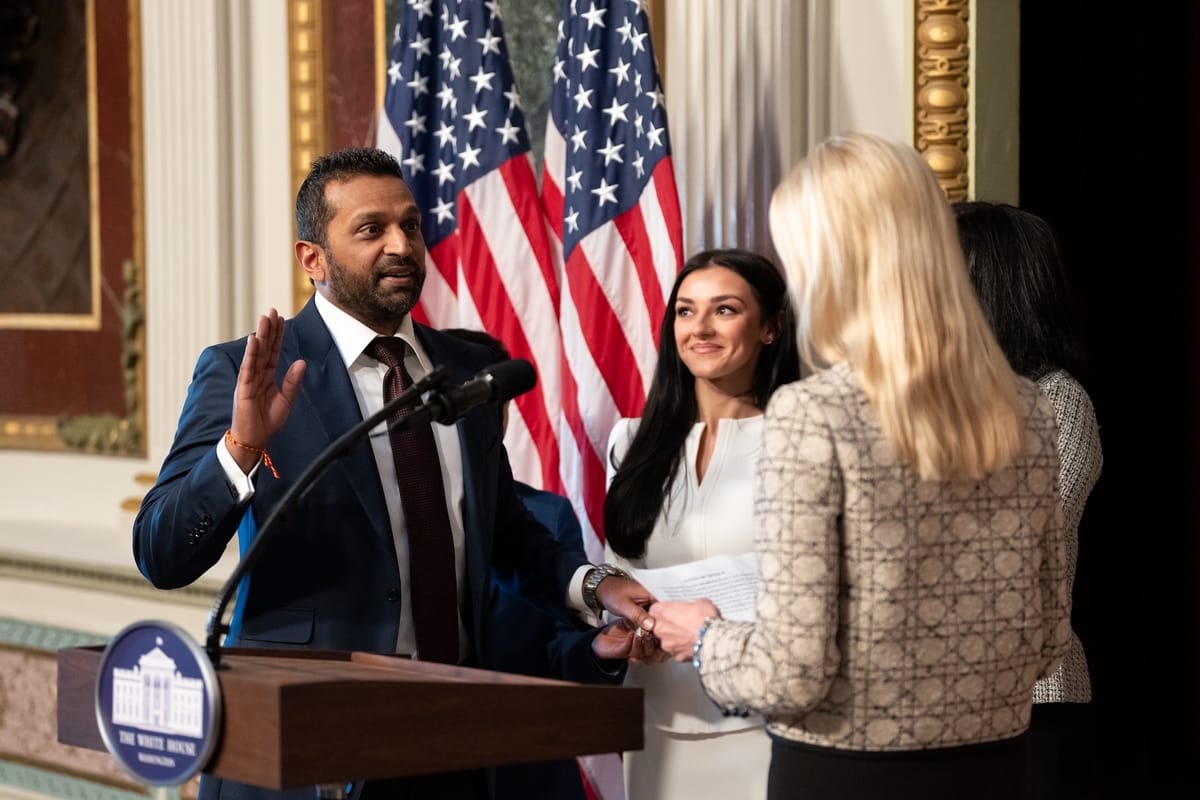

Federal Response to Rising Tesla Attacks
The FBI has launched a dedicated task force to investigate a wave of attacks on Tesla properties, labeling them as acts of domestic terrorism. This decision follows a series of incidents, including the discovery of incendiary devices at a Tesla showroom in Austin, Texas, where the company is headquartered. FBI Director Kash Patel emphasized the severity of the situation, stating, 'Those responsible will be pursued, caught, and brought to justice.' The task force, working alongside the Bureau of Alcohol, Tobacco, Firearms and Explosives (ATF), aims to curb the escalating violence targeting Tesla, which has seen at least 80 reported cases of vandalism or arson across the United States and Canada in recent weeks.
Incidents Fuel National Concern
The attacks on Tesla have ranged from Molotov cocktails thrown at vehicles to vandalism at charging stations, often accompanied by messages condemning Elon Musk’s role in the Trump administration. In Las Vegas, several Tesla vehicles were set ablaze using incendiary devices, while a Tesla Supercharger station in San Diego was defaced. Protests dubbed 'Tesla Takedown' have also emerged, with demonstrators gathering outside showrooms in cities like New York to voice opposition to Musk’s leadership of the Department of Government Efficiency (DOGE). These incidents have heightened tensions, prompting a robust federal response to protect a company seen as a symbol of American innovation.
Patriot Act Powers in Play
By classifying these attacks as domestic terrorism, the FBI gains access to expanded investigative powers under the Patriot Act. This includes the ability to issue single-jurisdiction search warrants that apply nationwide, as well as access to confidential education records with a court order. The FBI’s Joint Terrorism Task Forces, which include experts from over 30 federal agencies like the Department of Homeland Security, are also being leveraged to share intelligence and resources.
Tesla’s Ties to Federal Support
Tesla’s close relationship with the Trump administration has amplified the significance of these attacks. President Trump has publicly defended the company, even suggesting that those convicted of vandalism could face imprisonment in El Salvador. Attorney General Pam Bondi highlighted recent arrests of individuals involved in Tesla attacks, while Commerce Secretary Howard Lutnick urged Americans to invest in Tesla stock. A White House event showcasing Tesla vehicles further underscored the administration’s support, with Trump revealing he had purchased a Cybertruck for his granddaughter. This alignment has made Tesla a lightning rod for critics of the administration’s policies.
Broader Implications for Corporate Security
The FBI’s task force sets a precedent for how federal agencies may respond to targeted attacks on high-profile companies. Historical cases, such as the FBI’s collaboration with pipeline operators during oil protests in the early 2010s, show how companies can become 'domain stakeholders,' gaining access to privileged information and strategic coordination with law enforcement. While Tesla has not commented on its specific security measures, the company’s vice president of safety was reportedly involved in discussions following the Austin incident. The situation highlights the growing intersection of corporate interests and national security in an era of heightened political division.
A Call for Vigilance
As the FBI intensifies its efforts to combat Tesla-related terrorism, the broader implications for public safety and civil liberties remain under scrutiny. The task force’s actions signal a zero-tolerance approach to attacks on American businesses, particularly those tied to influential figures like Musk. This federal crackdown serves as a stark warning to those targeting Tesla, reinforcing the government’s commitment to safeguarding innovation and economic stability.
Dues are $12 per year. Member benefits:
✅ Ad-Free Website Viewing
✅ Advocacy for Republican Seniors
✅ 120+ Senior Discounts
✅ Member Only Newsletters